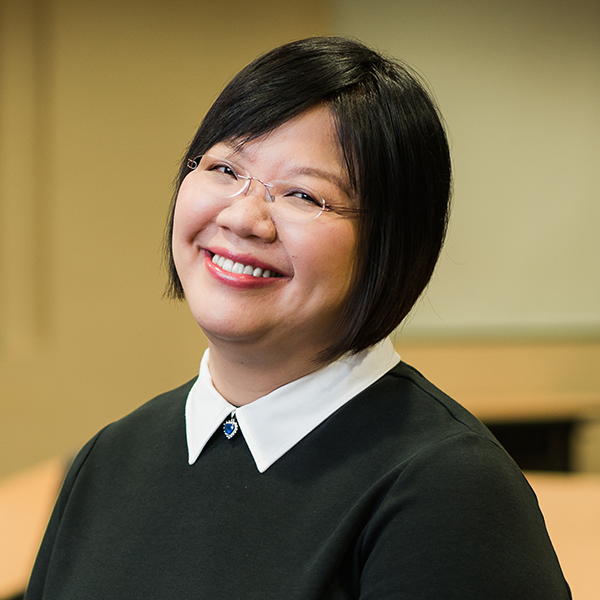
Professor Low Ee Ling is Dean, Academic and Faculty Affairs and the immediate past Dean, Teacher Education. She is an internationally renowned expert in Teacher Education and World Englishes. She obtained her in Linguistics (Acoustic Phonetics) from the University of Cambridge, UK under the NTU-NIE Overseas Graduate Scholarship. She won the Fulbright Advanced Research Scholarship which she spent at the Lynch School of Education at Boston College. She is currently a governing board member for the International Baccalaureate Organization (IBO) and in 2022, became an elected fellow of the prestigious International Academy of Education (IAE) based in Belgium. Professor Low is also a member of the OECD Education 2030 Scientific Committee and the Forum for World Education (FWE) Steering Committee. In 2021, she was recognized for her exemplary scholarship by the Academy for Leadership in Teacher Education (ALiTE), University of Hong Kong.
Education today cannot ignore the forces of globalisation, disruptions (such as the Fourth Industrial Revolution and the concomitant advancement of technological affordances, particularly in communication and interconnectivity) and crises (such as the COVID-19 Pandemic and the Ukraine–Russia war). These crises and disruptions have drastically altered the way we live, work and learn overnight, and have forced all nations to re-think traditional paradigms of teaching and learning. Teacher education and by extension, language teacher education is no exception. Challenging traditional paradigms further is the urgent need for learners to be able solve complex and unprecedented problems from a multidisciplinary lens. This keynote address seeks to articulate the type of rethinking any system has to make in order to prepare upcoming language educators to acquire the future-ready competencies. It will further suggest applying Gardner’s (2008) Five Minds for the Future while positing a sixth and seventh mind that can help language educators thrive in the new teaching and learning spaces including navigating techno-dependence in the post-pandemic eduscape.